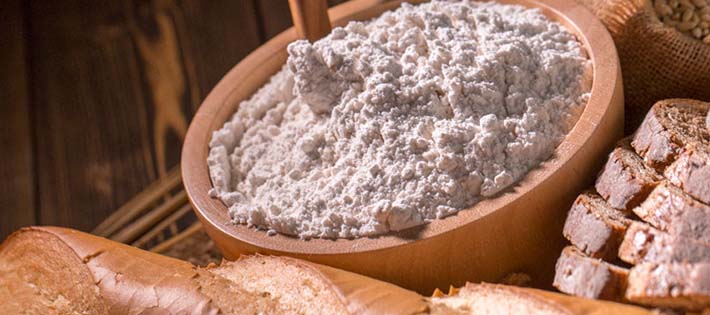Folic Acid To Be Added To Flour In The UK
Published on: 23/09/2021
In a new effort to reduce the number for birth defects, the government has announced its plan to fortify non-wholemeal wheat flour with folic acid.
Folic acid is an important vitamin that can prevent spina bifida, which is the abnormal development of the spine, and anencephaly, a condition that affects the brain. Adding folic acid to flour could prevent up to 200 birth defects a year.
Women are encouraged to take 400 micrograms of folic acid before and during pregnancy, but many are unaware of the importance of folic acid or simply forget to take it. Australia passed a mandate to fortify flour with folic acid, which reduced the incidence of spinal bifida by 14%. There were some concerns that a folic acid fortification could have other health consequences, such as increasing the risk of colon cancer and a vitamin B12 deficiency, however this was not supported by scientific evidence.
Overall, the addition of folic acid to flour is a major step in the right direction for lowering the incidence of neural tube defects and improving the health of the general population as a whole.
Why will it be added to flour?
Mandatory fortification would mean everybody who ate bread would receive the health benefit of extra folic acid and it is estimated that fortifying flour could prevent up to 200 birth defects a year. Women from poorer areas are less likely to purchase the amount of folic acid tablets that are recommended for their pregnancy and bread already has vitamins added to it such as iron, calcium, and thiamine. More than 60 countries already add folic acid to their flour with proven reductions in birth defects. The charity Shine have been campaigning for this change for the last 25 years and are happy the UK is finally ready to introduce these plans.
Which other foods contain folic acid?
If you do not eat bread, there are other dietary sources which contain a good amount of folic acid:
. Fortified foods such as cereals
. Wheat bran and other whole grains
. Beans and legumes
. Spinach, brussels sprouts, cabbage, broccoli
. Yeast and beef extracts
. Oranges and pure orange juice
. Poultry, pork, and liver
If you have restrictions around what you can or can’t eat and feel you may not be getting enough folic acid in your diet, then speak to your midwife or GP about extra supplements.
